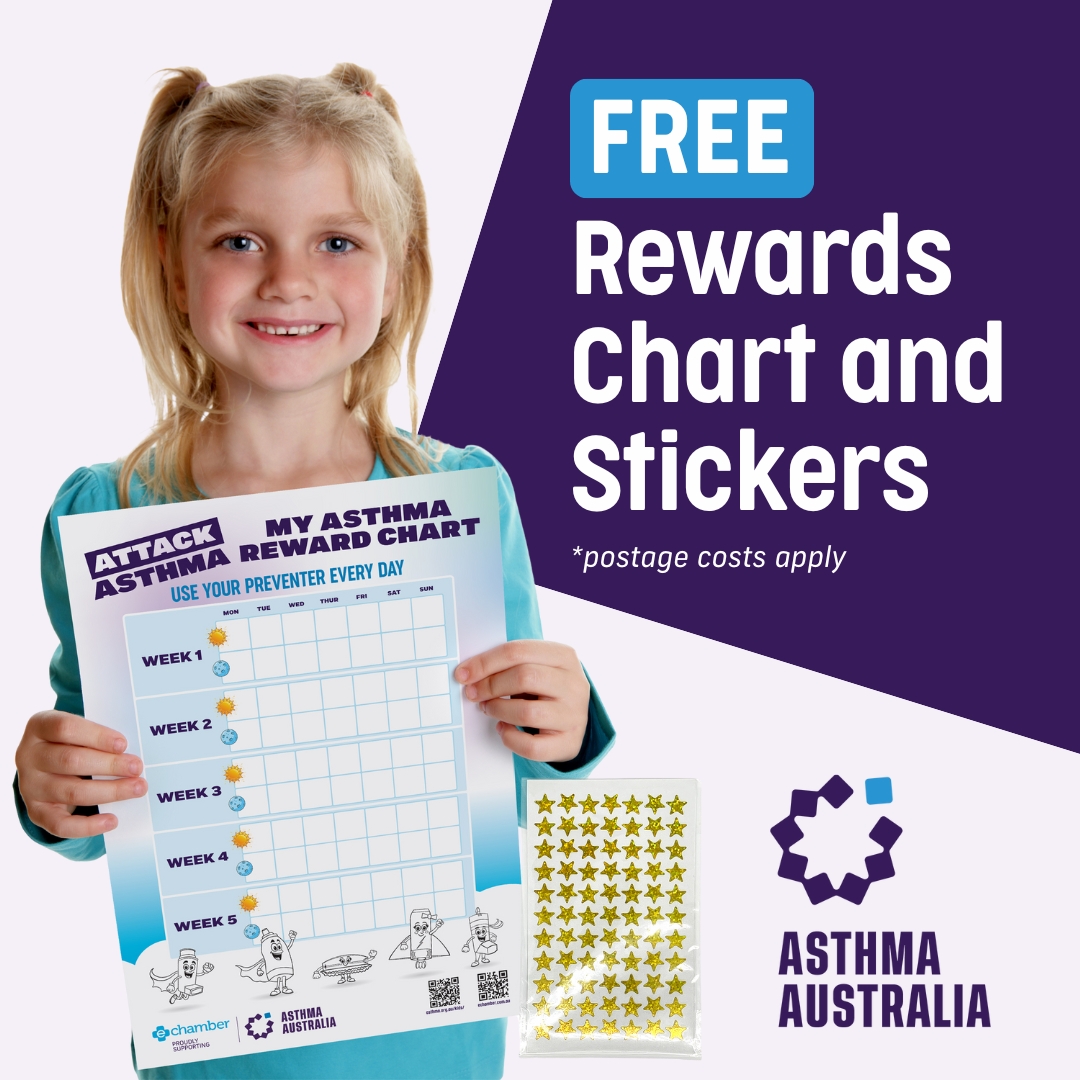10 August 2020
Avoid mistaking hay fever and asthma for COVID-19
As Australians approach pollen season, Asthma Australia is urging the one in five Australians who get seasonal allergies to act now – to avoid experiencing symptoms which could be mistaken for COVID-19.
The health advice comes as Asthma Australia launches its ‘Live well with asthma this spring’ campaign amid rising concerns of how to tell if allergies, asthma or COVID-19 are causing symptoms.
Hay fever is common in people with asthma and symptoms can present like COVID-19 and include a runny nose, blocked sinuses, cough, sneezing, itchy eyes, shortness of breath and fatigue.
Asthma Australia CEO Michele Goldman said people can take the worry out of seasonal allergies and asthma by taking preventative action, helping to stop symptoms from coming on.
“If you get on top of your allergies and asthma, you have a clearer picture of any new or worsening symptoms which may be caused by other things, like the COVID-19 virus”, she said.
People with uncontrolled allergies and asthma are more likely to get symptoms and touch their face more frequently due to a runny nose, cough and irritated eyes. This is known to be a way people can be infected by COVID-19.
Asthma preventer medications and nasal steroid sprays are effective in reducing symptoms but do take a few weeks to be fully effective, which is the reason behind Asthma Australia’s early push before the spring pollen season.
“In a pandemic, if you can prevent sneezing, a runny nose, rubbing your eyes and getting shortness of breath, you should, it will be better for you and those around you,” Ms Goldman said.
To treat hay fever and asthma, people are encouraged to talk with their pharmacist or their doctor and arrange a telehealth appointment if presenting with symptoms.
“If you can, it’s advisable to get an allergy test so you can identify exactly what’s ailing you. A written Asthma Action Plan and an allergic rhinitis treatment plan (hay fever) are both highly important to manage your asthma and allergies”.
Pollen season is already starting in South Australia and Canberra, which may have people “achooing” already. Mobile Apps like AusPollen and AirRater are now active and can help people check pollen levels.
Asthma Australia is encouraging people to follow health advice and get tested for COVID-19 if they are presenting with any symptoms that could be linked to the virus.
“Don’t take risks. If you’re unsure, get tested. If you’re treating asthma and allergy regularly and symptoms persist or change, like a new continuous cough or fever, please seek further medical advice,” Ms Goldman said.
For information about managing asthma during spring, please visit the Asthma Australia website or for help please call 1800 ASTHMA (1800 272 462).
If you think you have symptoms of coronavirus, call the national hotline on 1800 020 080 or visit www.health.gov.au or your state health government website.





 1800 278 462
1800 278 462



